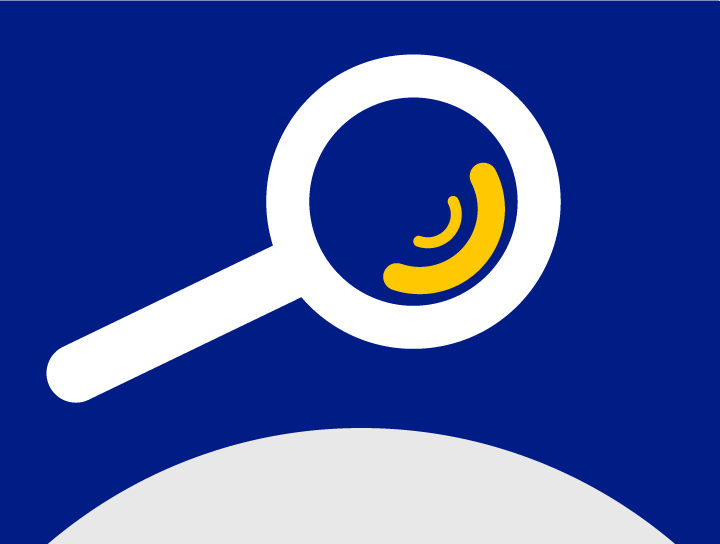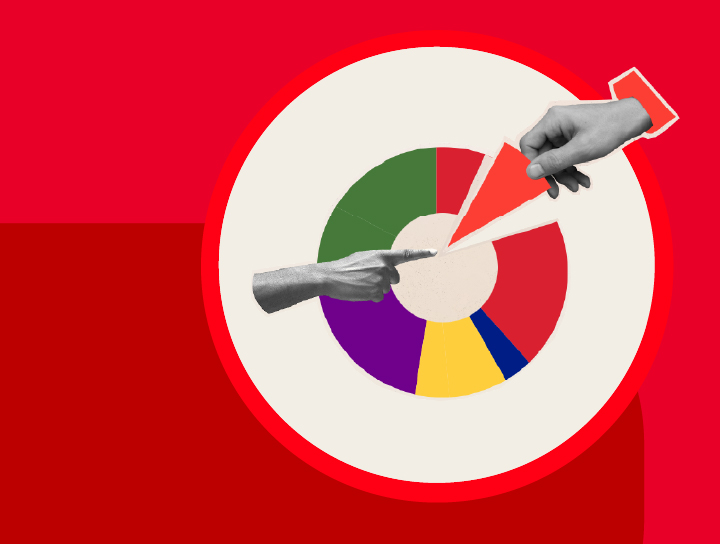591 rezultāti atrasti
Skip results of view Ziņas

With close to 10 000 datasets, dados.gov is the open data portal of the Portuguese Public Administration that provides access to many different topics. As an open portal, any user can choose to upload a dataset, for personal use or from a business perspective. With this initiative, the Portuguese government wants to motivate data reuse so citizens, businesses, and researchers can leverage public data to create impactful solutions. On their portal, an extensive collection of datasets can be found, covering diverse categories such as healthcare, transportation, environment, and education. The

Our data.europa.eu portal offers an extensive archive of datasets from across the European Union and beyond. With more than 1 800 000 datasets on 14 different categories, it can be difficult to find the dataset that you need. To help you with the search, we have created a comprehensive step by-step guide on using our search functionality. Getting Started: Use the search bar at the top of the homepage to enter keywords and select whether you're searching for datasets, catalogues, or editorial content. Refining Your Search: High-Value Dataset (HVD): Filter to show only HVDs. Provenance: Filter

Every year, between 17 July and 24 August, the night sky puts on a beautiful show known as the Perseid Meteor Shower . The peak of this meteor shower is also known as the celebration of San Lorenzo , or the night of the shooting stars, which took place on the night of 12 August. This annual event captivates stargazers around the world with an amazing display of 100 meteors per hour when the Earth passes through the debris left by Comet Swift-Tuttle. People across Europe gathered to witness San Lorenzo, often associated with making wishes upon the shooting stars. Open data plays a role in

The International Youth Day , celebrated each year on 12 August, takes a forward-thinking approach in 2024 with its theme centred around ‘Digitalisation and Sustainable Development’. Young individuals can lead the way towards reaching the Sustainable Development Goals (SDGs) set by the United Nations. While there are still challenges in accessing digital tools, young people are the largest demographic group of users and developers who can shape global digital trends. Digital connectivity is one of the six key transitions defined by the UN that can have a large impact on reaching the SDGs. The

Our data.europa.eu Academy course ‘ Understanding the legal side of open data ’ is developed for data users who want to learn about legislation and regulations related to open data. With webinars and reading materials, users can teach themselves and create a deeper understanding about the current legal challenges on the use and distribution of open data. Moreover, the material is regularly updated to keep up with upcoming challenges on topics like intellectual property or data protection. The course contains four different lessons, where the lesson on ‘ Artificial Intelligence and data

On 18 July, with 401 votes in favour, the European Parliament elected Ursula von der Leyen for another term as President of the European Union. Ahead of the vote, von der Leyen presented her Political Guidelines for the next European Commission 2024-2029. In these guidelines, the European Data Union Strategy is proposed to enhance productivity in the EU through digital technology diffusion and the utilisation of open data. This strategy states the goal of a widespread adoption of digital technologies across various sectors. By enhancing digital infrastructure, the Commission aims to ensure

In the dynamic landscape of digital transformation, European policymakers are making a shift in drafting legislation with digital-ready policymaking in mind. During the SEMIC conference that took place on 27 June, there was a focus on making policies and legislative acts future-proof and interoperable. Digital-ready means that policies and legislative acts facilitate seamless, digital-by-default implementation through optimal use of technology and data . There are six different components that describe digital-ready policies, of which one is the ‘ Once-only principle and reuse of data ’. This

Are you enjoying a well-deserved holiday and looking for fresh reads about data? Data.europa.eu has created a new reading list with eight insightful and light readings that you can enjoy while relaxing in your home or at your favourite holiday destination. Learn more with our articles and data stories on AI, smart cities, data visualisation and more! Data Trends: Analytics, Governance, and More in 2024 : This Coursera article explores and compares the data trends of 2023 and 2024. Topics include Ai risk management, data sharing, and the importance of data strategy in generative AI. Open Data

As the Swiss public administration’s central portal, opendata.swiss contributes to Switzerland’s commitment to open data by providing access to more than 11 000 datasets, supplied by 140 different organisations. The data stems from the Confederation, cantons, communes and is a record of third-party data that is relevant for the public interest. The Swiss platform has several goals as they strive to facilitate an exchange of information on Open Government Data (OGD) between data providers and data users, create an environment promoting the use of public data, and support the infrastructure for

Our data.europa.eu Academy offers a wide spectrum of courses on how open data can help make an impact. Open data can help address public challenges such as healthcare, climate change, and urban planning. It enables informed decision-making and targeted interventions, like with COVID-19 measures. On our Academy page , it is possible to filter per theme, where it shows eight courses on the Impact theme. For beginners, we have developed the courses ‘ Introducing open data ’ and ‘ Introducing data visualisation ’ . With different e-learning lessons and webinars to teach users about how open data
